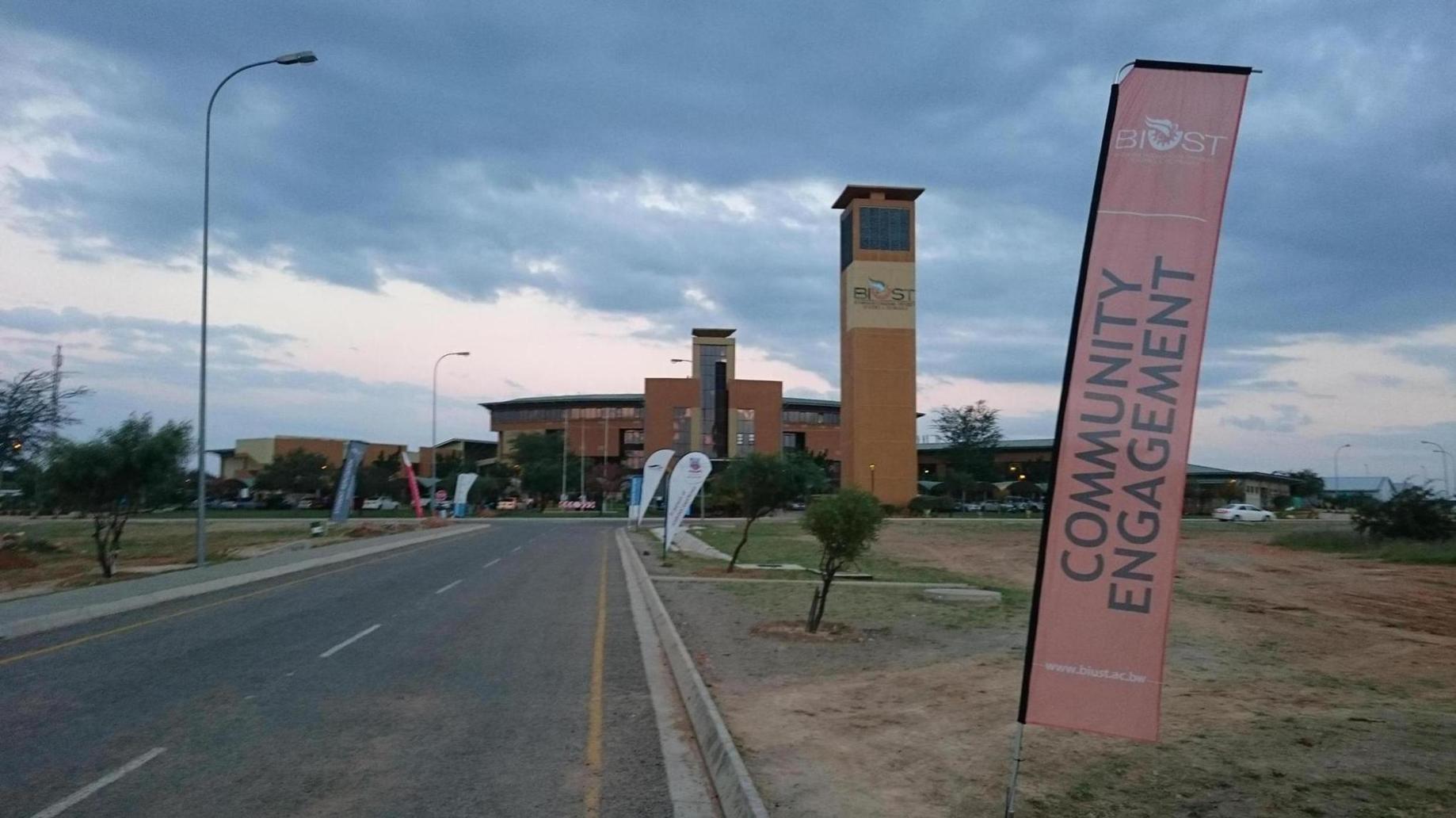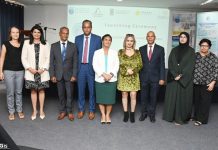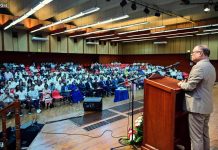Africa-Press – Mauritius. Botswana International University of Science and Technology (BIUST) is one of the key players in the economic transformation of the country towards a knowledge-based economy. BIUST acting council chairperson, Mr Edwin Elias said this during the official launch of the university’s 10th anniversary on Monday.
He said the tagline Driving Change had been echoing for the past 10 years and continued to do so even today through quality research output, innovation in science, engineering and technology, the first of its kind in Botswana compared to other competing STEM Universities locally.
Mr Elias said the event, celebrated under the theme; ‘A Decade of Driving Change through Teaching, Research, Innovation and Engagement, marked 10 years of excellence through which BIUST, as a higher educational training provider and a leading university recently ranked among the top Universities in Sub-Saharan Africa, after being ranked at position 20 from a list of 88 universities across 20
Sub-Saharan countries by the Times Higher Education (THE) Sub-Saharan University Rankings. The university has transformed the country’s economic landscape through teaching, research and innovation in science, engineering and technology, he said.
Mr Elias said for an academic institution, the first decade was of utmost importance. In the past ten years, he said, BIUST had developed rapidly in terms of the University governance, programme scopes and quality, campus expansion and facilities, amongst others.
“I believe a solid foundation has been laid for the University to be one of the key drivers for transforming Botswana’s economy from a resource-based to a knowledge driven economy,” he said.
He said the former President of Botswana, who is also BIUST former Chancellor, Dr Festus Mogae played a pivotal role in the establishment of BIUST and his dream was for the university to add impetus to the quest for developing the human capital, especially in specialised areas such as engineering, science and technology.
The council has a statutory responsibility for the management and administration of the revenue and property of the University as well as an overall governance responsibility and the story of BIUST is a well-known one and hardly requires restating, he said.
He said its mission of assisting the government and people in transforming the economy from a resources-based to a knowledge-based one was still relevant, and efforts and resources to achieve it were still being harnessed.
Mr Elias however said that he was heartened by the fact that in that mission, BIUST work collaboratively with government and numerous stakeholders, and he acknowledged that they continued to enjoy the good wishes and support of the nation and the government as they train, educate and empower a new breed of the nation’s young citizens and international students.
Mr Elias highlighted that as technological developments create new pressure on labour markets, education reforms and lifelong learning including reskilling and upskilling, robust initiatives were absolutely critical.
“Education and training systems must therefore actively and with agility, respond to these profound and rapid changes in the labour market and emerging employment landscape particularly in the Fourth Industrial Revolution,” he said.
BIUST acting council chairperson said BIUST through its qualified academics and support staff continued to produce well-rounded and industry-ready graduates who could compete with other graduates for employment and business opportunities worldwide. He therefore said that was indeed an effort and milestone achievement that needed to be celebrated and applauded.
As a research intensive-university, Mr Elias said BIUST was entrusted by the government to synergies in shaping the country’s future through robust training systems embracing 21st-century teaching methods, innovation and high-class research output that could catapult the country into a knowledge-based economy as well as creating meaningful jobs thereby diversifying the country’s economy.
Mr Elias said the Reset Agenda had identified value chain development, digitalisation and mindset change as enablers of high productivity and self–actualisation.
For the country to achieve value chain development, he said, research and innovation would play a critical role in unlocking opportunities for new, high-growth companies in the private sector and creating jobs for the youth.
He said academic institutions such as BIUST would therefore play a pertinent role in promoting production of goods and services for export, adding that the promotion of an export-led economy had been identified in Vision 2036 and the Transitional National Development Plan (TNDP) as a key policy priority.
For More News And Analysis About Mauritius Follow Africa-Press







